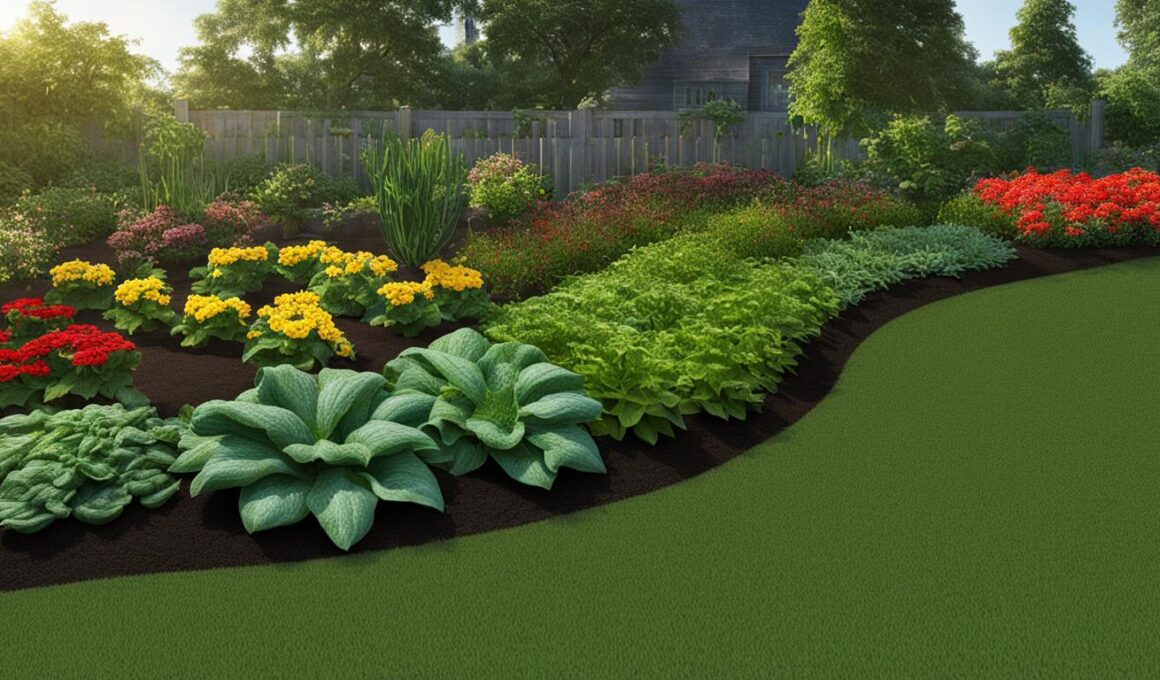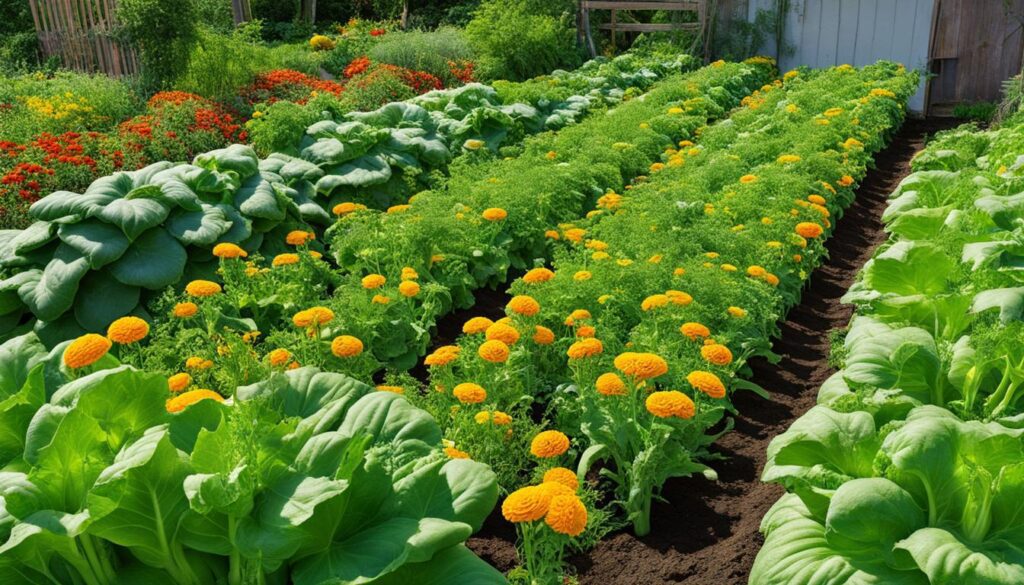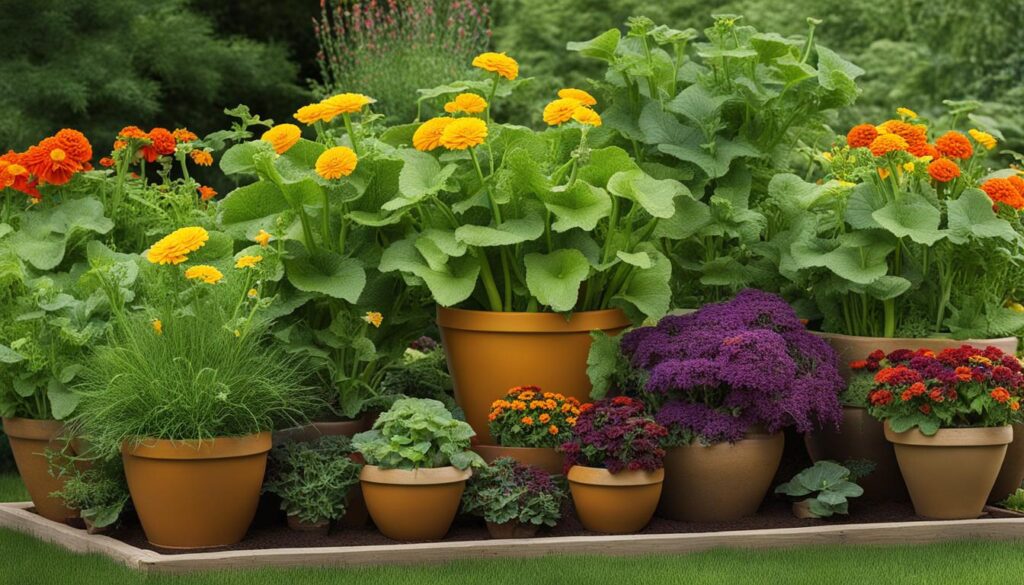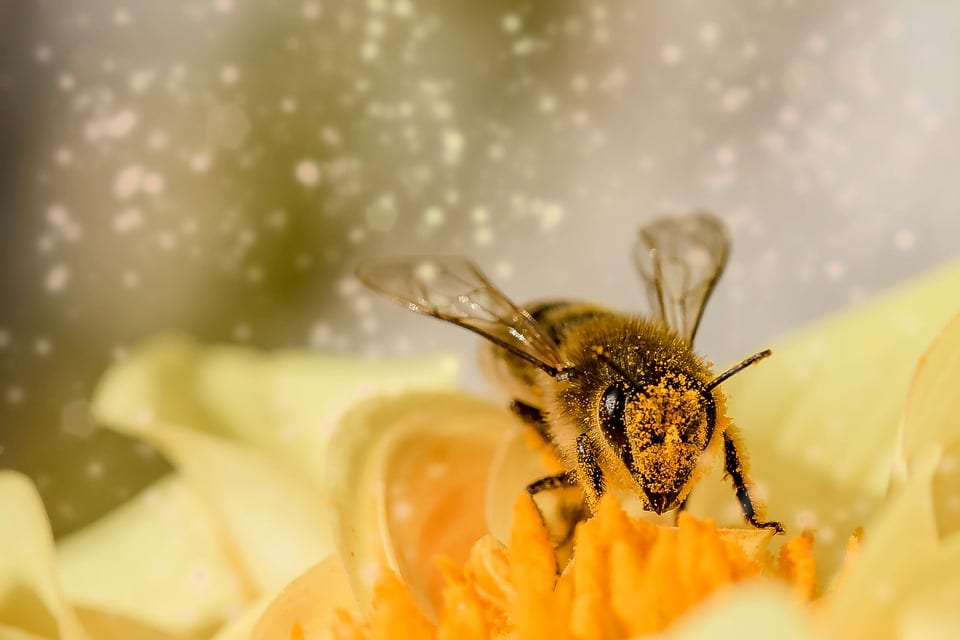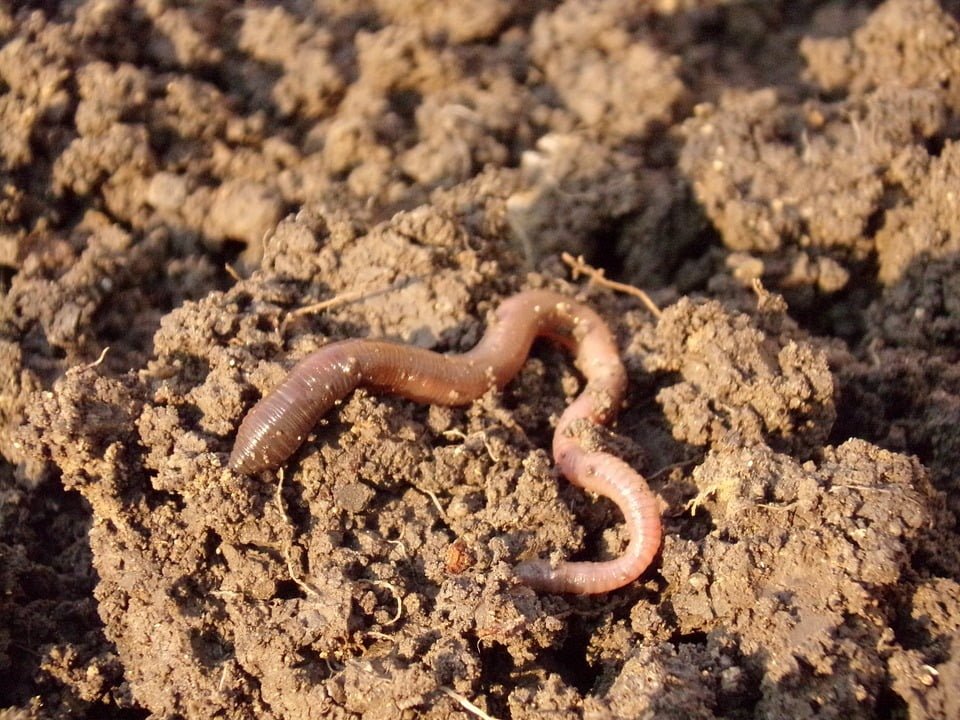As a gardener, nothing can be quite as satisfying as seeing your garden thrive with the help of well-chosen companion plants. With this Zucchini companion planting guide, you can effectively maximize zucchini growth and improve the overall vitality of your garden. By carefully selecting garden companion plants that work well with zucchinis, you will experience numerous benefits that will greatly improve the health, productivity, and aesthetics of your garden.
Key Takeaways
- Companion planting helps maximize zucchini growth and improve garden health.
- Zucchinis benefit from companions such as corn, alliums, sweet alyssum, calendula, bee balm, and more.
- Benefits of companion planting include reduced disease risk, improved soil health, weed suppression, pollination, and garden biodiversity.
- Understanding allelopathy is essential for determining which plants should not be planted with zucchini.
- Choose companion plants based on specific garden layout and space, including container gardening and raised beds.
- Natural pest control methods and living mulches play a vital role in companion planting success.
- Implementing the principles outlined in this guide will contribute to a thriving garden ecosystem.
Understanding the Benefits of Companion Planting for Zucchini
Companion planting serves multiple functions in promoting healthy, productive zucchini plants. By selecting the right companion plants, you can significantly improve soil health, prevent disease, suppress weeds, enhance pollination, and boost zucchini garden yield. This approach encourages garden biodiversity, making your garden more resilient and stable.
Reducing Disease and Improving Soil Health
Plants with different growing habits fill up the space around zucchini, leading to improved soil drainage and aeration. In turn, this creates a more difficult environment for fungal and bacterial diseases to thrive. Small white clover functions as a living mulch, fixing essential nutrients like nitrogen in the soil which zucchini, as heavy feeders, greatly benefit from.
Weed Suppression and Enhanced Pollination
Employing companion plants like sweet alyssum and medium red clover can suppress weeds and facilitate pollination. Flowers of these plants attract pollinators which are essential for fruit growth in zucchini. Companion plants can also create a mixed habitat that leads to a reduction in weed pressure, making a more stable garden ecosystem.
Boosting Zucchini Yield and Garden Biodiversity
The diversity of companion plants not only boosts zucchini yield by improving conditions and decreasing pests but also promotes biodiversity. Companion planting involving different crop species can lead to increased zucchini yields while enhancing the overall garden stability by harboring a range of beneficial insects and pollinators like squash bees.
| Beneficial Effects | Examples |
|---|---|
| Improving Soil Health | Small white clover, peas |
| Reducing Disease Risk | Alliums, bee balm |
| Weed Suppression | Medium red clover, sweet alyssum |
| Enhanced Pollination | Borage, calendula |
In conclusion, companion planting provides significant advantages for zucchini gardeners. By carefully selecting companion plants and implementing a natural garden management strategy, you can enjoy a thriving garden with bountiful zucchini yields.
Top Zucchini Companion Plants for a Thriving Garden
Your thriving zucchini garden can greatly benefit from the implementation of companion planting for zucchini. By choosing the best zucchini companions, you can enhance your garden’s productivity and health, all while reducing weed competition, improving pollination, and controlling pests naturally. The following sections detail some of the most advantageous zucchini companion plants to incorporate into your garden.
- Corn: Corn is an excellent companion plant for zucchini due to its tall growth habit, providing a natural trellis for climbing vines. This arrangement maximizes garden space by allowing zucchini plants to grow vertically.
- Alliums: Including onions, garlic, shallots, and leeks, allium plants are known to deter a variety of pests, such as aphids, nematodes, and slugs, that can harm zucchini crops.
- Borage: An herb with beautiful blue flowers, borage adds essential micro-nutrients like calcium and potassium to the soil, supporting healthy zucchini growth.
- Dill: This aromatic herb attracts pollinators and beneficial insects that help control pests like aphids and spider mites, which can negatively impact zucchini plants.
- Calendula: Calendula flowers attract pollinators while also producing a natural pesticide that repels various garden pests.
- Bee Balm: Also known as Monarda, bee balm is an attractive flowering plant that draws in pollinators like bees and butterflies, improving pollination rates for your zucchini garden.
For easy reference, consult the table below, which highlights the various benefits of the top zucchini companion plants:
| Companion Plant | Benefits |
|---|---|
| Corn | Structural support for climbing vines, maximizes garden space |
| Alliums | Pest deterrence against aphids, nematodes, and slugs |
| Borage | Soil supplementation with calcium and potassium |
| Dill | Attracts pollinators and beneficial insects for pest control |
| Calendula | Attracts pollinators and produces natural pesticide to repel pests |
| Bee Balm | Attracts bees and butterflies for improved pollination |
By incorporating these top zucchini companion plants into your garden, you can create a thriving, healthy, and productive environment for your zucchini plants to flourish.
Strategies for Companion Planting in Different Garden Layouts
Whether you are working with limited space or have a sprawling garden, efficient companion planting strategies can bolster your zucchini garden’s productivity and health. This section covers two popular garden layouts: container gardens and raised beds. Exploring these setups helps to maximize your zucchini growth and overall garden harmony with companion planting techniques curated for each unique garden style.
Container Gardening with Zucchini
When it comes to zucchini container gardening, selecting appropriate companion plants is essential. Container gardens make compact garden planting possible in small spaces like balconies or patios. It’s crucial to choose potted zucchini companions that won’t compete with zucchini for space, nutrients, or water and can thrive in confined spaces. Here are some known zucchini companions for container gardens:
- Peppers – provide pest control and cultivate well in pots
- Mint – deters pests and thrives in containers
- Oregano – attracts pollinators and grows well in confined spaces
Incorporating these plants into your container garden can help maintain zucchini vigor while ensuring efficient garden layout and seamless coexistence among plants in limited spaces.
Maximizing Space in Raised Beds
Raised bed gardening presents an opportunity for exceptional zucchini space maximization. Raised beds offer better soil drainage, increased air circulation, and easy access for garden maintenance. The specific layout of raised beds permits efficient garden layout, optimizing space usage while also improving growing conditions. Some recommended zucchini companions for raised beds include:
| Companion Plant | Benefits |
|---|---|
| Tomatoes | Compatible growth patterns, simultaneous planting, and harvesting schedules |
| Marigolds | Deter pests, attract beneficial insects, and support zucchini health and productivity |
In summary, selecting suitable companion plants for unique garden layouts can substantially enhance your zucchini garden’s health and productivity. By implementing these companion planting strategies, you can create a thriving garden ecosystem customized to container gardening and raised beds, ensuring your zucchini plants flourish.
Safeguard Your Zucchini Against Pests Naturally
Effective zucchini pest control is essential to ensure a bountiful harvest. By focusing on natural pest deterrents, you can minimize the need for chemical treatments while maintaining a healthy garden ecosystem. Companion plants play a significant role in this approach, helping to safeguard your zucchini plants against common pests.
Two particularly effective plants for this purpose are blue Hubbard squash and nasturtiums. These plants serve as a trap crop, luring in common pests like squash bugs and squash vine borers, thus keeping your zucchini plants safe.
Moreover, small-flowered herbs such as oregano and dill attract beneficial insects that act as predators to control problematic pests.
Beyond the mentioned plants above, a variety of other companion plants can offer valuable assistance in controlling common zucchini pests. Here are some notable examples:
- Marigolds: These bright flowers not only add color to your garden but also help repel pests such as nematodes and whiteflies.
- Garlic: Planting garlic near your zucchini can deter various insects, including aphids and spider mites.
- Chives: The strong odor of chives helps repel pests, such as aphids, and can even deter larger animals like rabbits and deer from nibbling on your garden.
By incorporating these companion plants into your garden, you can effectively protect your zucchini crop without resorting to potentially harmful chemicals. Embrace natural pest deterrents and enjoy a thriving, eco-friendly garden.
Partner Plants That Keep Weeds at Bay
Weed control in zucchini gardens can be greatly improved by implementing the use of living mulches like medium red clover and field oats. Both of these plants aid in significantly suppressing weeds, which in turn leads to more robust zucchinis and a healthier garden as a whole.
Medium red clover is a standout option for garden weed management. As a living mulch, it smothers weeds while simultaneously improving soil composition and providing habitat for beneficial insects. Field oats, on the other hand, are an allelopathic plant that also provides exceptional weed suppression. However, for field oats to be most effective, they should be mowed regularly and paired with transplant vegetables like zucchini.
- Medium Red Clover – suppresses weeds, improves soil quality, and attracts beneficial insects.
- Field Oats – allelopathic plant that needs regular mowing and works well when combined with transplanted vegetables such as zucchini.
Alternatively, some gardeners may opt for other types of living mulches, such as white clover and buckwheat. Each of these plants has specific advantages related to weed control, pest management, and soil enrichment, as illustrated in the table below.
| Living Mulch | Weed Control | Benefits | Considerations |
|---|---|---|---|
| White Clover | Suppresses weeds | Fixes nitrogen & attracts pollinators | Requires regular mowing to prevent reseeding |
| Buckwheat | Outcompetes weeds & smothers them | Quick growth, phosphate accumulation & pollinator attraction | Should be mowed before producing seeds to prevent reseeding |
In conclusion, incorporating living mulches like medium red clover and field oats in your zucchini garden can significantly contribute to weed control and management. By understanding the best practices for these companion species, gardeners can further improve their garden ecosystem and achieve a more vibrant and healthy zucchini crop.
Companion Planting Missteps: What Not to Plant with Zucchini
While companion planting can be a beneficial strategy for cultivating a thriving zucchini garden, it is essential to avoid planting partners that are incompatible or detrimental to zucchini’s growth. Some plants may even cause allelopathic effects in your garden, which can lead to fewer yields and pests or disease problems. Consequently, you should understand the potential zucchini planting mistakes and the concept of allelopathy to ensure a successful and harmonious garden.
Understanding Allelopathy and Zucchini’s Bad Neighbors
Allelopathy is a biological interaction in which one plant releases chemical compounds that hinder the growth and development of nearby plants. These allelopathic effects can result in reduced nutrient absorption, poor root development, and limited growth, ultimately leading to an unproductive garden. To ensure optimal zucchini growth, you must avoid certain incompatible garden plants that may harbor allelopathic effects or cause other issues.
The following table lists plants that should not be planted in close proximity to zucchini:
| Plant | Reason for Incompatibility |
|---|---|
| Potatoes | Can compete for nutrients and water, and may harbor common pests and diseases. |
| Brassicas (e.g., cabbage, kale, broccoli) | Compete for nutrients and can hinder zucchini’s growth and development. |
| Other cucurbits (e.g., cucumber, melon, pumpkin) | Potential for cross-pollination, increasing the risk of pests and diseases. |
| Fennel | May have allelopathic effects on zucchini, leading to limited growth and development. |
By understanding the concept of allelopathy and avoiding detrimental plants from your zucchini garden, you can minimize the risks associated with disease outbreaks, pest issues, and limited growth or development. In turn, your garden will thrive with a diverse selection of plants that work together in harmony, ensuring a productive ecosystem for your zucchini and other plants.
How Can I Protect My Zucchini Plants from Animals that Eat Them?
To protect your zucchini plants from animals eating zucchini in gardens, consider creating physical barriers like chicken wire or fencing. Additionally, you can try using natural deterrents such as cayenne pepper or garlic spray. Another option is to introduce predator decoys or companion plants that repel animals.
Conclusion
In summary, companion planting serves as a vital strategy for successful zucchini growing. By selecting the right combination of plants that provide mutual assistance without negative allelopathic effects, you can improve the health, productivity, and resilience of your zucchini plants. Employing these principles allows you to optimize your zucchini crops, manage pests and weeds naturally, while also contributing to a diverse, stable garden ecosystem.
Some of the top companion plants for a thriving zucchini garden include corn, alliums, sweet alyssum, calendula, bee balm, borage, dill, thyme, catnip, peas, and white clover. By understanding the benefits of companion planting and effectively using different garden layouts, such as container gardening and raised beds, you can create an environment where various plant species coexist harmoniously.
It is crucial to avoid common companion planting missteps, such as planting zucchini near potatoes, brassicas, other cucurbits, or fennel, which can lead to competition, disease, or pest issues. With careful planning and consideration of the plants you choose to grow alongside your zucchinis, you can enjoy a successful, fruitful, and eco-friendly garden for years to come.





